Throughout his lifetime, Jimmy Carter held many titles: President of the United States, Nobel Peace Prize winner, philanthropist, humanitarian, artist — and author.
Carter wrote mostly non-fiction, touching on subjects from war and peace to the Israeli-Palestinian conflict, faith, personal reflections on his life and aging — and even fishing. But he did dabble in fiction from time to time, including penning a children’s book, on which he collaborated with his daughter, Amy — and a novel. Who says that a president only has to write about politics and policy when they leave office?
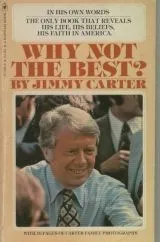 The first book that Jimmy Carter wrote was an autobiography called Why Not The Best? (Bantam Books; January 1976) while he was still serving as Governor of the state of Georgia and as he was preparing to kick off his presidential campaign during the 1976 election. He wrote the book as a way of allowing the voters to get to know who he was and what his sense of values were.
The first book that Jimmy Carter wrote was an autobiography called Why Not The Best? (Bantam Books; January 1976) while he was still serving as Governor of the state of Georgia and as he was preparing to kick off his presidential campaign during the 1976 election. He wrote the book as a way of allowing the voters to get to know who he was and what his sense of values were.
The title of the book itself came from a question that Admiral Rickover asked him during a job interview, following his graduation from the Naval Academy. “Did you do your best?” Rickover asked. Carter initially answered “Yes, sir” but after some thought said, “No sir, I didn’t always do my best.” Describing the scene years later, Carter writes, “He asked one final question which I have never been able to forget — or to answer. He said, ‘Why not?'” The book was a terrific way for Jimmy Carter to introduce himself to the country as he was running to be the next President of the United States during a critical period in the nation’s history.
As many people would know, President Carter was very proud of his religion and would use it to help guide him throughout his life, especially during his presidency. Growing up as a devout Baptist, religion has always played a key role in Jimmy Carter’s life from a young boy in the South to living out the final days of his life as the oldest living US president and an elder statesman.
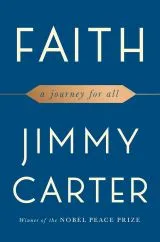 But his book Faith: A Journey For All (Simon & Schuster; March 2018) is about much more than that. In the book, Carter explores faith’s broader meanings, the different ways that it sustains our lives, and how to find faith even in the darkest of times. Within this book, he shares the lessons that he learned and wanted to pass on to people.
But his book Faith: A Journey For All (Simon & Schuster; March 2018) is about much more than that. In the book, Carter explores faith’s broader meanings, the different ways that it sustains our lives, and how to find faith even in the darkest of times. Within this book, he shares the lessons that he learned and wanted to pass on to people.
He wrote, “The issue of faith arises in almost every area of human existence, so it is important to understand its multiple meanings. In this book, my primary goal is to explore the broader meaning of faith, its far-reaching effect on our lives, and its relationship to past, present, and future events in America and around the world. The religious aspects of faith are also covered, since this is how the word is most often used, and I have included a description of the ways my faith has guided and sustained me, as well as how it has challenged and driven me to seek a closer and better relationship with people and with God.” The book teaches us how to use faith as a way to build ourselves up and lead better lives as Jimmy Carter did.
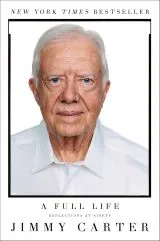 One of the final books that President Carter wrote, a few years before he passed away, was a memoir called A Full Life: Reflections at Ninety (Simon & Schuster; July 2016). In this wonderful and warm book, Carter reflected on his public and private life with a frankness that is disarming and full of appreciation. He also added in good detail with strong emotions about growing up in rural Georgia during what was considered one of the most challenging times in our nation’s struggle in the fight against racism. He wrote about his take on racism and how it affected his family. He goes on to describe the brutality of the hazing regimen at Annapolis, how he nearly lost his life twice serving on submarines, and his amazing interview with Admiral Rickover, a man who he saw as a great mentor. He also described the profound influence his mother had on him, and how he admired his father even though he didn’t emulate him. He admitted that he decided to quit the Navy and later enter politics without consulting his wife, Rosalynn, and how appalled he is in retrospect.
One of the final books that President Carter wrote, a few years before he passed away, was a memoir called A Full Life: Reflections at Ninety (Simon & Schuster; July 2016). In this wonderful and warm book, Carter reflected on his public and private life with a frankness that is disarming and full of appreciation. He also added in good detail with strong emotions about growing up in rural Georgia during what was considered one of the most challenging times in our nation’s struggle in the fight against racism. He wrote about his take on racism and how it affected his family. He goes on to describe the brutality of the hazing regimen at Annapolis, how he nearly lost his life twice serving on submarines, and his amazing interview with Admiral Rickover, a man who he saw as a great mentor. He also described the profound influence his mother had on him, and how he admired his father even though he didn’t emulate him. He admitted that he decided to quit the Navy and later enter politics without consulting his wife, Rosalynn, and how appalled he is in retrospect.
Furthermore, Carter talked about what he is proud of and what he might have done differently. He discussed his regret at losing his re-election in 1980 to Ronald Reagan, but how he and Rosalynn moved forward and made a new life and second and third rewarding careers. He is nothing but frank about the presidents who have succeeded him in the White House, world leaders, and his passions for the causes he cares most about, particularly the condition of women and the deprived people of the developing world. Both he and his wife were very active through the Carter Center and volunteered greatly with Habitat For Humanity even working on building homes for the poor in their 90s.
We, as a nation, prepare to say a final goodbye to our 39th president, we owe him a debt of gratitude for his astonishing life of service to America and its citizens. May we look to Jimmy Carter and the legacy he shares in his books for what it means to be an American and a human being. Farewell and Godspeed, Mr. President!


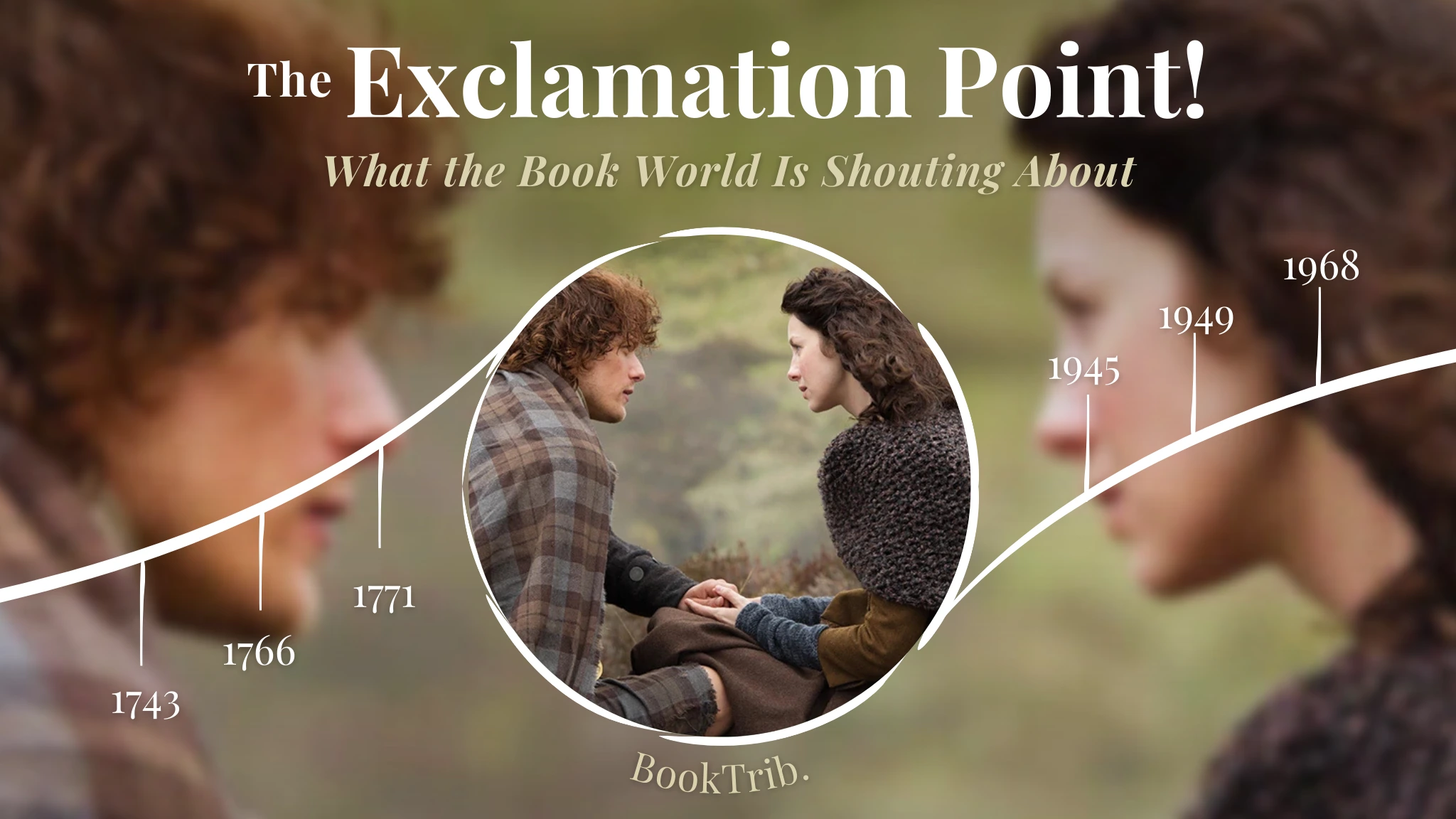

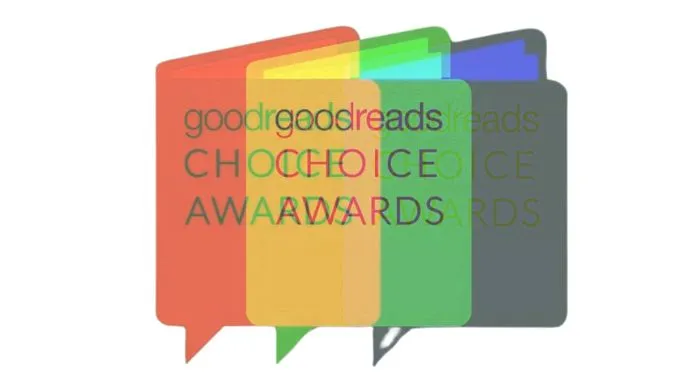



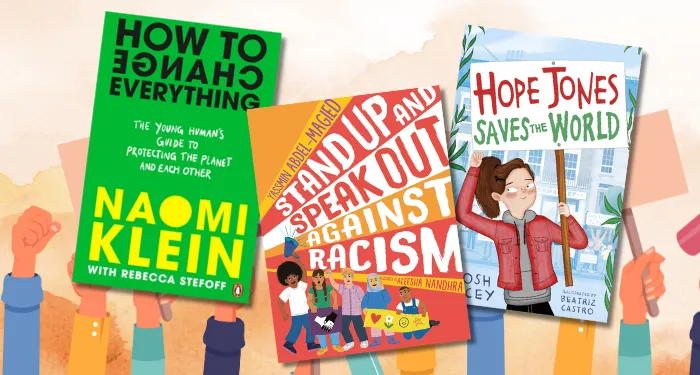



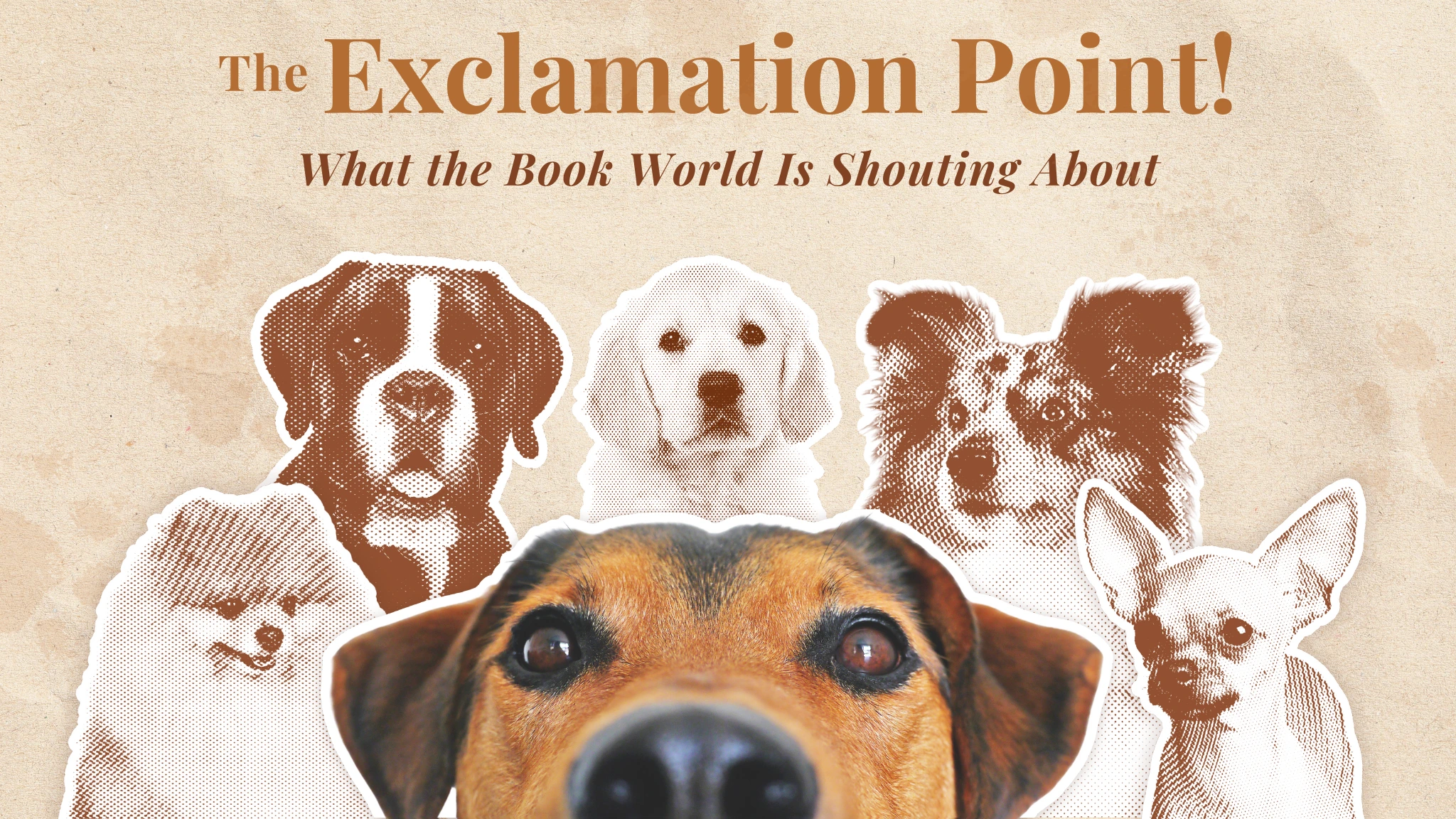






 English (US) ·
English (US) ·